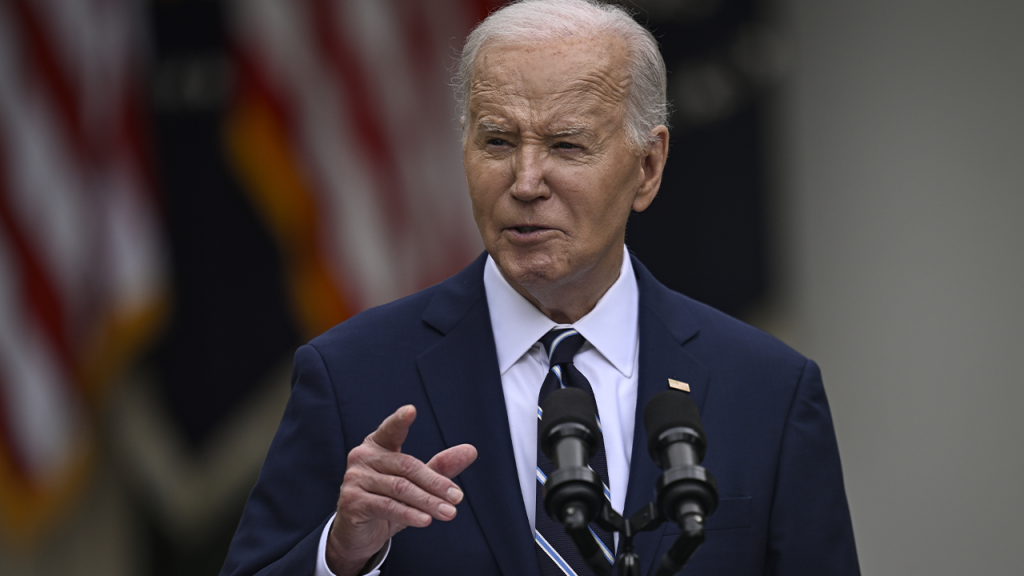The Biden administration has reportedly decided to move forward with a plan to send Israel $1 billion worth of weapons despite briefly pausing a shipment last week over concerns about Israel’s planned ground invasion of Rafah. The weapons package includes $700 million in tank ammunition, $500 million in tactical vehicles, and $60 million in mortar rounds. Israel has described Rafah as the last stronghold of Hamas and has ignored warnings from the U.S. and other allies that a major operation there would have catastrophic consequences for civilians.
The decision to resume the arms shipment to Israel comes after reports that the Biden White House had withheld sensitive intelligence on Hamas from Israel, resulting in outrage among some. The situation in Rafah continues to develop, and updates are expected as events unfold. Israel’s portrayal of Rafah as a stronghold of Hamas underscores the urgency and severity of the situation, despite warnings from international allies about the potential for civilian casualties.
The weapons package being sent to Israel includes a significant amount of tank ammunition, tactical vehicles, and mortar rounds, indicating the U.S. government’s commitment to supporting Israel in its military operations. The decision to pause the shipment temporarily last week highlights the delicate balancing act that the Biden administration faces in trying to support Israel while also being mindful of potential humanitarian concerns. The situation in Rafah remains fluid, with the potential for further escalation depending on Israel’s actions and the international response.
The reports of sensitive intelligence being withheld from Israel by the Biden White House have sparked outrage among some observers, who believe that such actions undermine the U.S.-Israel relationship and jeopardize Israel’s security. The decision to resume the arms shipment suggests that the Biden administration remains committed to providing military support to Israel despite any tensions or disagreements. As the situation in Rafah continues to unfold, it is likely that further developments will impact U.S. policy towards Israel and the ongoing conflict in the region.
Israel’s characterization of Rafah as a Hamas stronghold and its dismissal of warnings from the U.S. and other allies about potential civilian casualties highlight the challenges and complexities of the situation. The resumption of the arms shipment underscores the depth of the U.S.-Israel relationship, despite occasional disagreements or tensions. The ongoing conflict in Rafah and the broader region continues to pose significant challenges for all parties involved, with implications for regional stability and security.
Overall, the decision by the Biden administration to move forward with the arms shipment to Israel, despite concerns and temporary delays, reflects a commitment to providing military support to Israel in the face of ongoing security threats and conflicts. The situation in Rafah remains fluid and complex, with the potential for further escalation and humanitarian concerns. The delicate balance between supporting Israel and addressing humanitarian issues underscores the challenges that the Biden administration faces in navigating the complexities of the conflict in the Middle East.


